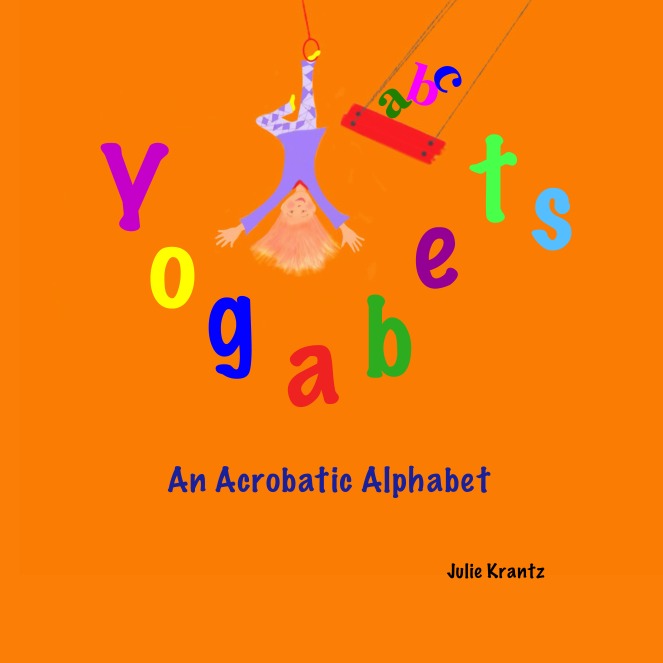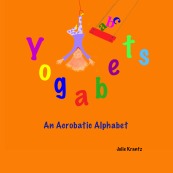One of the best novels I’ve read in recent years, I Saw a Man is thematic, thoughtful and literary without being pretentious. A bit of a mystery with a soupcon of murder, the novel opens with an obscure poem by Hughes Mearns:
“Yesterday, upon the stair,
I saw a man who wasn’t there.
He wasn’t there again today,
I wish, I wish he’d go away …”
A charming, but seemingly meaningless, ditty, it is a clue to the deeper, more perturbing issues in I Saw a Man—issues of guilt and responsibility, remorse and blame, sadness and forgiveness, accident and intention. In short, the novel with a deceptively simple title and epigraph is anything but simple.
In the opening pages of I Saw a Man aspiring novelist, Michael Turner, finds his true love in an international journalist named Caroline. Settling in a remote corner of Wales to escape their frenetic pre-marital lifestyles, their idyllic married life is tragically cut short when Caroline takes a risky assignment in Afghanistan. The inciting incident of the novel, it leads Michael on a path through anger and grief before finally resolving in a sort of clouded empathy as he returns to his birth city and establishes a new life. But what happens between points A &B is a series of highly unanticipated events, all of which contribute to the novel’s main theme.
Beautifully written with an economy of backstory and description, the novel is a classic peeling-an-onion style narrative, wherein widower Michael Turner reveals the details of his past in bits and pieces that accrue more and more meaning as the novel progresses. The setting of the story, a luxurious heath in south London, plays a prominent role in the novel, too, informing its mood and events. A second literary technique Sheers uses to great advantage in the novel is mirroring, whereby seemingly disparate and unrelated events parallel one another, drawing readers back time and again to the novel’s central issue of culpability.
If this review seems obscure, it is because I Saw a Man is the sort of novel that invites (and deserves) scrutiny. It is opaque in a good way, rich in depth and dimension. What I admire most, however, is how Sheers subtly highlights the larger issues of the novel without bludgeoning us with them. Beyond the culpability of the main characters, for example, is the larger question of authenticity. Unlike them, we may not have caused another’s misfortune, but surely we, too, have indirectly fostered hurts and pain—small but significant partial deaths—in our lifetimes. It is part of being human. No matter how much we aspire to truth, beauty and goodness, we inevitably face situations in which we are less than honest, irresponsible if not entirely guilty, hurtful by default, if you will.
Another interesting aspect of the novel is Michael’s description of himself as an aspiring fiction-writer. Here again we experience the reflexive nature of Sheers’ novel—he is writing a novel about a character who wants to do just that—write a novel. Again, think of peeling-an-onion or a Chinese box. As a failed novelist, Michael finds his niche in writing non-fictional, intimate portrayals of people he meets. Here Sheers blurs the line between fiction and reality—an inherent flaw of biography—because of the categorical impossibility of ever truly knowing another human being. The irony is that even as Michael acknowledges the impossibility of knowing the exact content of his subject’s each and every conversation, his subject may have had, he still believes there is a measure of truth the writer is able to convey by virtue of his proximity to his subject, a proximity he seeks to actualize by removing himself, the observing party, from the final product, the biography. Thus Sheers’ protagonist inserts himself into other people’s lives in order to discover their truths, then promptly “disappears himself” from the finished work in order to more fully realize his subject’s unadulterated reality.
Michael exercises this technique in early in the novel in his summary of “Neighborhoods,” a study of two brothers whose contrasting lives continue to diverge from one another even after the book is finished. A second book he’s written is about a scientist who seeks to identify the exact nature of empathy by theorizing there are certain cells in the brain that actually “mirror” other people’s experiences, thus allowing them to understand and empathize with each other. Sheers’ novel exhibits this same type of mirroring or repetition as Michael seeks his own truth and struggles to become as authentic a human being as possible.
If this discussion has taken a metaphysical turn, it’s because I Saw a Man is ‘meta’ in nature. Like many great works, its form equals content, the meaning of the novel and its telling feeding one another in an endless loop. I’ve purposely avoided specificity to allow the reader to discover the novel’s meaning for himself.
Overall, I Saw a Man is a modern masterpiece, much like The Goldfinch or All the Light We Cannot See. Like Donna Tart and Anthony Doerr, Own Sheers is one of those writers whose work resonates far beyond the confines of its covers. I honestly can’t imagine—and can’t wait to see—what Sheers writes next.





